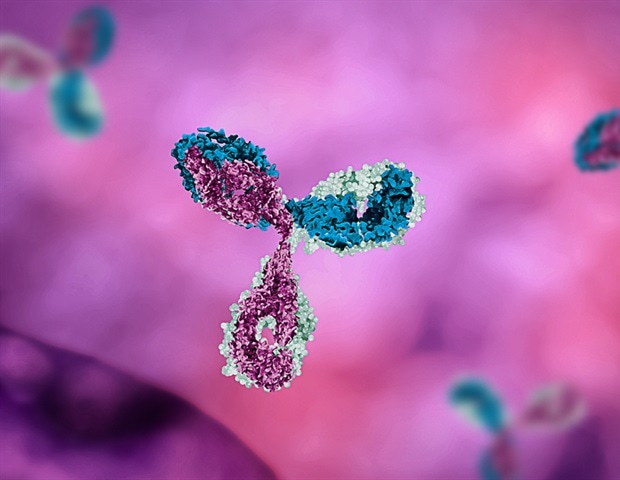During the COVID pandemic, many of us have received multiple mRNA vaccines. New work by researchers at the VIB-UGent Center for Inflammation Research, Ghent University, and University Hospital Ghent, among others, has found that such repeated vaccinations lead to the presence of mucosal antibodies, for example, inside the nose. Their work appears in Science Translational Medicine.
Protective booster shots Part of the global response strategy against the COVID pandemic involves the administration of booster shots, or 'vaccine updates' to ensure protection against new variants of the SARS-CoV-2 virus. The researchers set out to investigate the effects of multiple mRNA vaccines on mucosal immunity, referring to mucous membranes such as the ones on the inside of our noses. Specifically, the research involved a cohort of 183 participants who were sampled at multiple time points after primary and booster vaccinations.
PhD student Jozefien Declercq (VIB-UGent) explains: "We found that individuals who received multiple doses of mRNA vaccines exhibited a marked increase in neutralizing antibodies in nasal secretions, which are essential for blocking viral entry. Not only that, but the immune responses generated by mRNA vaccines may persist longer than previously thought, which provides hope for sustained protection against emerging variants of the virus." From the blood to the nose How do the antibodies produced in response to the vaccine get to the nose, though? Using a mouse model, .


















